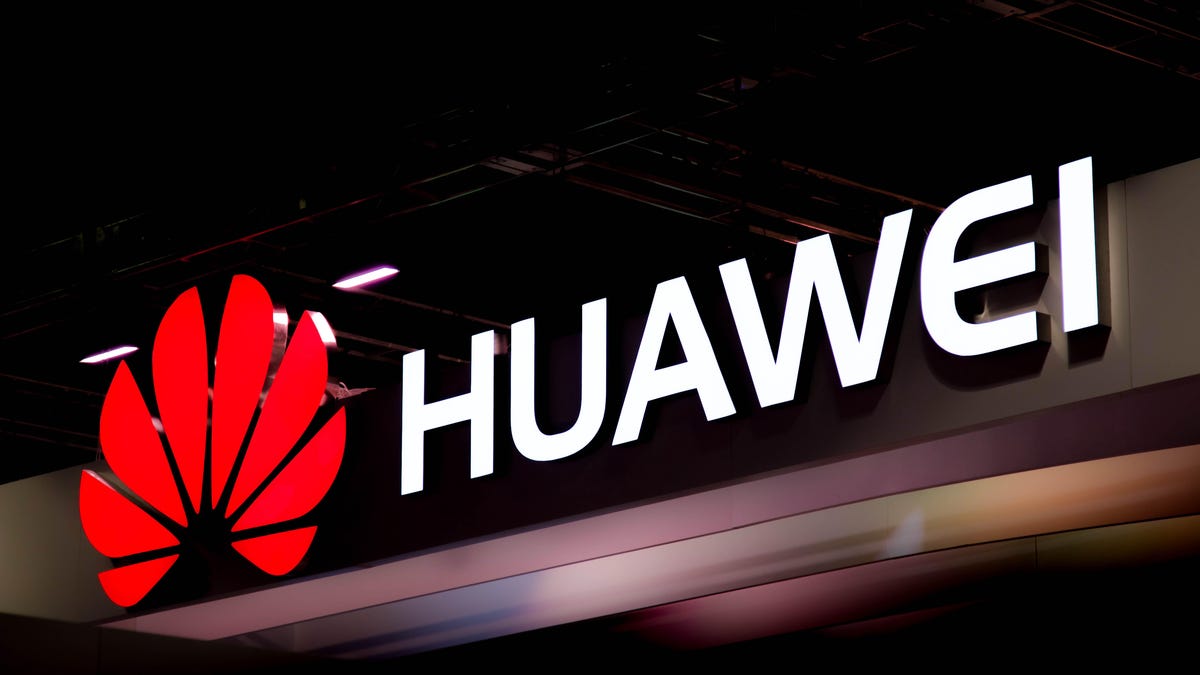Huawei tussles with US startup over theft of technology
The startup was co-founded by a former Huawei employee.

Huawei logo.
Chinese telecom giant Huawei and a Silicon Valley startup are battling it out in a Texas federal court.
Earlier this week, CNEX Labs, a semiconductor and software company headquartered in San Jose, California, and its co-founder Yiren Ronnie Huang accused Huawei and its subsidiary Futurewei of stealing CNEX's technology, according to the Wall Street Journal. A Huawei lawyer reportedly denied the claims.
This comes amid an ongoing legal battle between the parties. Huawei filed a suit against CNEX and Huang, a former employee at Huawei, of stealing its technology and demanded information about CNEX's work. It's also the latest drama for Huawei, which faces scrutiny from the US government as a potential security risk.
The lawsuits centered on Huang and the solid-state disk storage technology found in thumb drives, your smartphone or sleeker laptops. Compared to traditional magnetic disk drives, SSDs have no moving mechanical components, run silently and have strong resistance to physical shock, but are more costly.
Huang is a Chinese-born US citizen working in Silicon Valley. He joined Futurewei in 2011 to research technologies such as SSD and to monitor industry trends. Huang left Futurewei in 2013 and co-founded CNEX Labs, according to the lawsuit. Huawei said it found its trade secrets used in some of Huang's patent applications, which breached Huang's employment and confidentiality contract with Huawei and Futurewei.
In response, CNEX and Huang accused Huawei and Futurewei of trying to obtain Huang's intellectual property by hiring him and pressuring him to sign an employment agreement with unlawful terms as a way to steal CNEX's trade secrets in a multiyear scheme, according to the lawsuit.
CNEX and Huawei's lawyers didn't immediately respond to requests for comment.
Huawei Mate 20 Pro: If the Samsung Galaxy S9 and iPhone X had a phone baby, this is it.
Best SSDs for 2018: Our editors hand-picked these products based on our tests and reviews.

